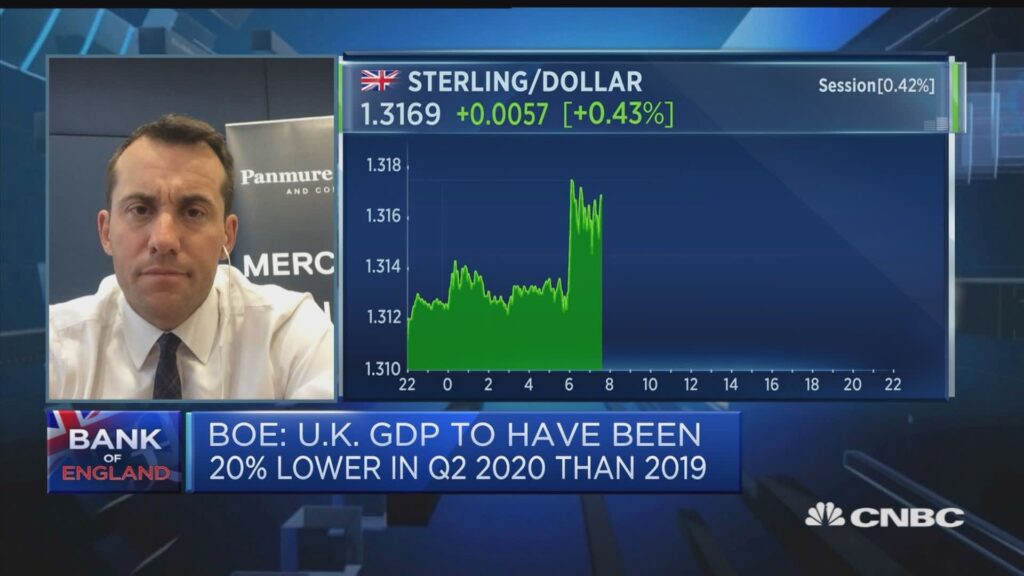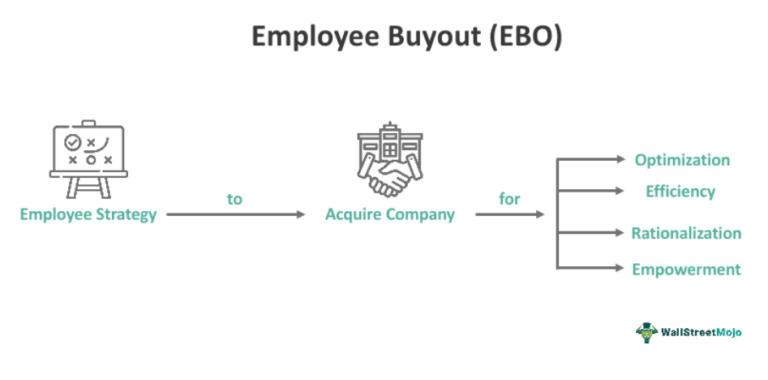
The Bank of England’s Economic Forecast: What It Means for Us
The world of economics might seem like a distant reality, far removed from our daily lives, but recent news from the Bank of England makes it clear that what’s happening in the economy can have a direct impact on all of us. The Bank has just downgraded its growth forecast for the UK economy, predicting that it will grow by only 0.75% this year instead of the previously estimated 1.5%. If that sounds a bit complicated, don’t worry! I’m here to break it down into simpler terms.
So, what does this mean?
To put it simply, when we talk about “economic growth,” we’re referring to how much larger the economy is getting over time. Think of it like measuring your height as you grow up—each year you want to be taller than the last. The economy is like that, too! When it grows, that often means more jobs, better salaries, and more money circulating for people to spend on things they enjoy, like clothes, video games, or even saving for that dream car. When the Bank of England tells us that the growth forecast is lower than expected, it’s kind of like hearing that you’re not growing as much as you’d hoped this year.
Interest Rates and Economic Choices
One of the central purposes of the Bank of England is to manage interest rates, which are basically the cost of borrowing money. The Bank has recently lowered interest rates to a historic low of 4.5%, down from 4.75%. By doing so, they are hoping to make it easier for people and businesses to borrow money.
But why would they want us to borrow more? Well, when interest rates are lower, it’s cheaper to take out loans. This means that if you or your parents want to buy a car or a house, it would cost less to borrow that money. This could lead to families spending more, which is good for the economy. When lots of people are spending, businesses earn more, and that helps create jobs. It’s like a big circle—the more money that flows, the more everyone benefits.
However, there’s a flip side to this. While lower interest rates can help some, they can also mean bad news for those who save money. If the Bank is cutting rates, the interest you earn on savings accounts also goes down. Imagine you’ve been saving for something special, like a new gaming console. If your savings account earns less interest, it’ll take you longer to reach your goal.
The Role of Prime Minister Sir Keir Starmer
In light of these changes, the UK’s Prime Minister, Sir Keir Starmer, has expressed strong intentions to stimulate economic growth. He recognizes that the forecast isn’t the best news and that people are worried. After all, if the economy isn’t growing, it could lead to job losses and less money for families to spend. Starmer’s role in all of this is like a coach trying to bring together a team that isn’t performing well. He’s going to encourage efforts and policies that he hopes will spur on growth and create a better environment for businesses to thrive.
Rising Inflation: A Sneaky Challenge
Unfortunately, while we hope for good news, we also have to keep an eye on some trickier issues. The Bank of England has warned that rising inflation may be on the horizon. Inflation is an economic term that means prices for goods and services are going up. For instance, the ice cream you love might cost more than it did last summer, or your favorite pizza might be a little more expensive.
A big reason for this expected inflation is the rising costs of energy. Think about how prices for gas and electricity have shifted over time—they can be unpredictable. If businesses have to pay more for energy, they often pass those costs on to consumers like us, making everything a bit pricier. It’s like when your favorite bakery raises the price of cupcakes because they have to pay more for eggs and flour. Those increased prices can start to stack up, leading to concerns over the overall cost of living.
Business Confidence and Budget Changes
Another interesting aspect to consider is how the government’s budget affects businesses. Recently, there has been a push for increased National Insurance contributions, which are fees that businesses and employees pay towards government programs. Some feel that if these fees go up, it could hurt businesses, making them less likely to hire new people or expand. If businesses start to feel unsure about their prospects, it could lead to less growth in the economy.
When businesses thrive, they create more jobs. Just like your favorite local store hiring extra help during the holiday rush, more job opportunities lead to more people earning money, contributing to a robust economy. But when businesses are hesitant to spend because they’re worried about costs, that can create a ripple effect that impacts everyone.
Homeowners vs. Savers: The Economic Tug-of-War
Let’s talk a bit about homeowners, as they have a lot at stake in this situation. Many people take out adjustable-rate mortgages when they buy a home. This type of mortgage means that the interest rate can change over time, which can be great news right now. With lower interest rates, homeowners might find that their monthly payments decrease, making it a little easier to manage finances. Imagine finally being able to save a bit more for that concert you’ve been wanting to go to because your mortgage payments dropped!
On the other hand, savers can get the short end of the stick when interest rates go down. If you have a savings account, the returns or interest you earn will usually shrink as the rates lower. This means that saving money feels a bit less rewarding. It’s a delicate balance for the Bank of England, trying to help homeowners without leaving savers feeling left out.
The Big Picture: Stagnation and Possible Recession
Finally, it’s essential to recognize that the Bank of England’s analysis suggests the UK economy is stagnant, which means it isn’t growing at a healthy rate. Economic stagnation can be worrying because it often leads to things like unemployment or a potential recession. A recession is a period when the economy shrinks rather than grows, which can affect everybody. We hear stories about families tightening their budgets and businesses struggling to stay afloat during tough times.
But even in times of uncertainty, there’s a silver lining. Governments and policymakers can step in to make changes that encourage growth. Programs to support businesses, investments in renewable energy, education, or technology can create new jobs and opportunities.
Conclusion: The Road Ahead
As we look towards the future, it’s clear that both challenges and opportunities await us. The recent announcements from the Bank of England push us to think critically about how decisions made by banks and governments shape our lives. It’s a reminder that while numbers can be abstract, they lead to real-life impacts on jobs, savings, and spending.
So, how do you feel about these changes—and how they could personally affect you and your family? Do you think lowering interest rates is a good plan, or are you more concerned about rising prices and inflation? I’d love to hear your thoughts! What strategies do you think families should consider in these uncertain economic times? Feel free to drop a comment below and join the conversation!





